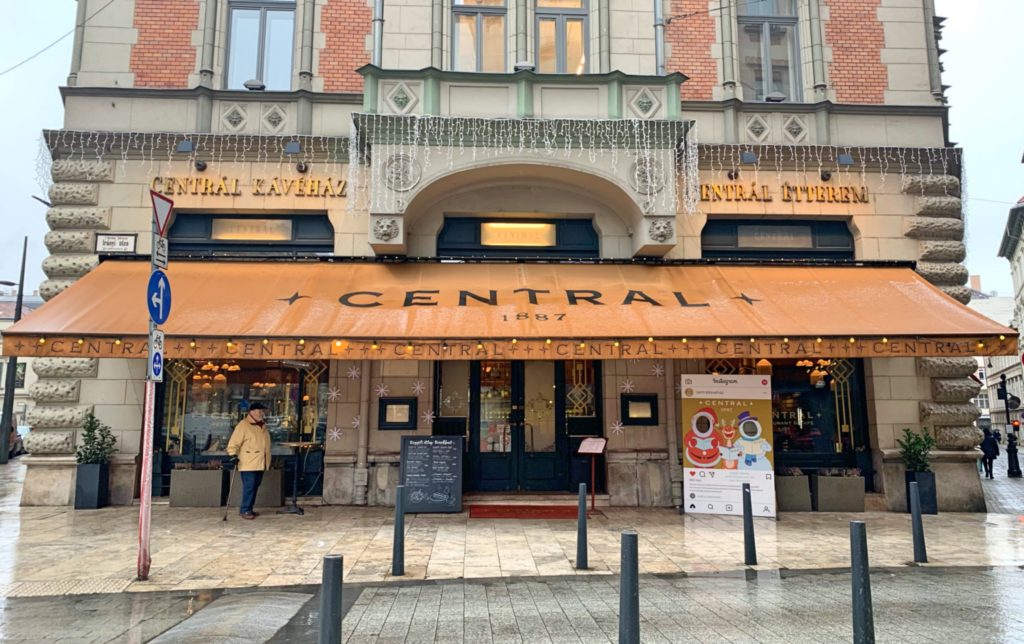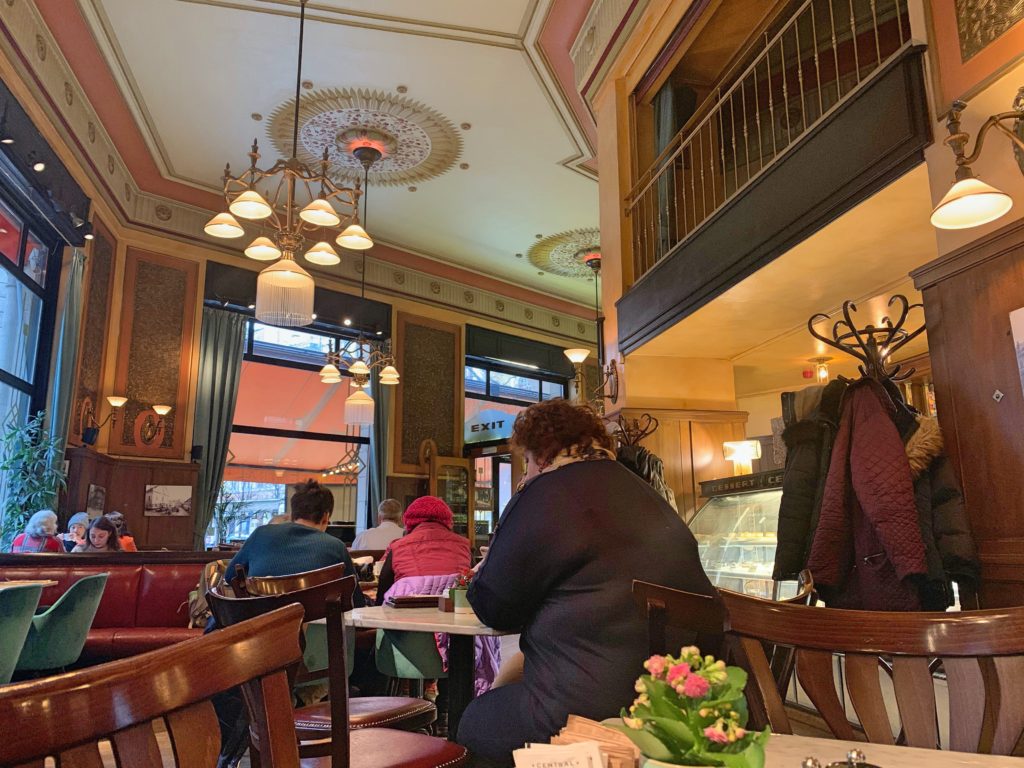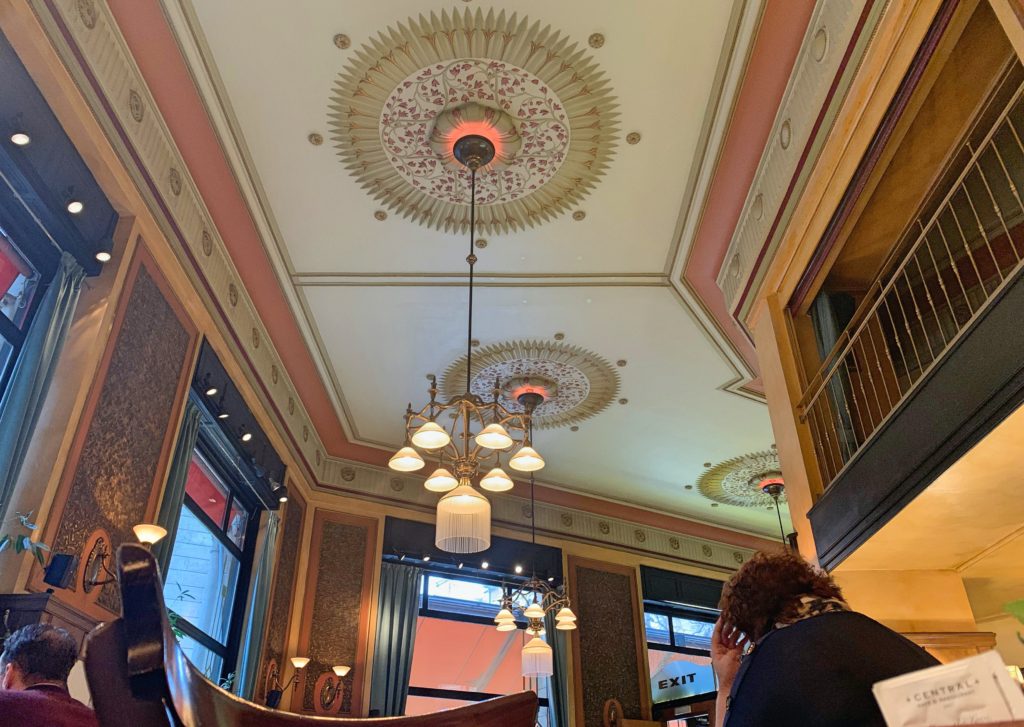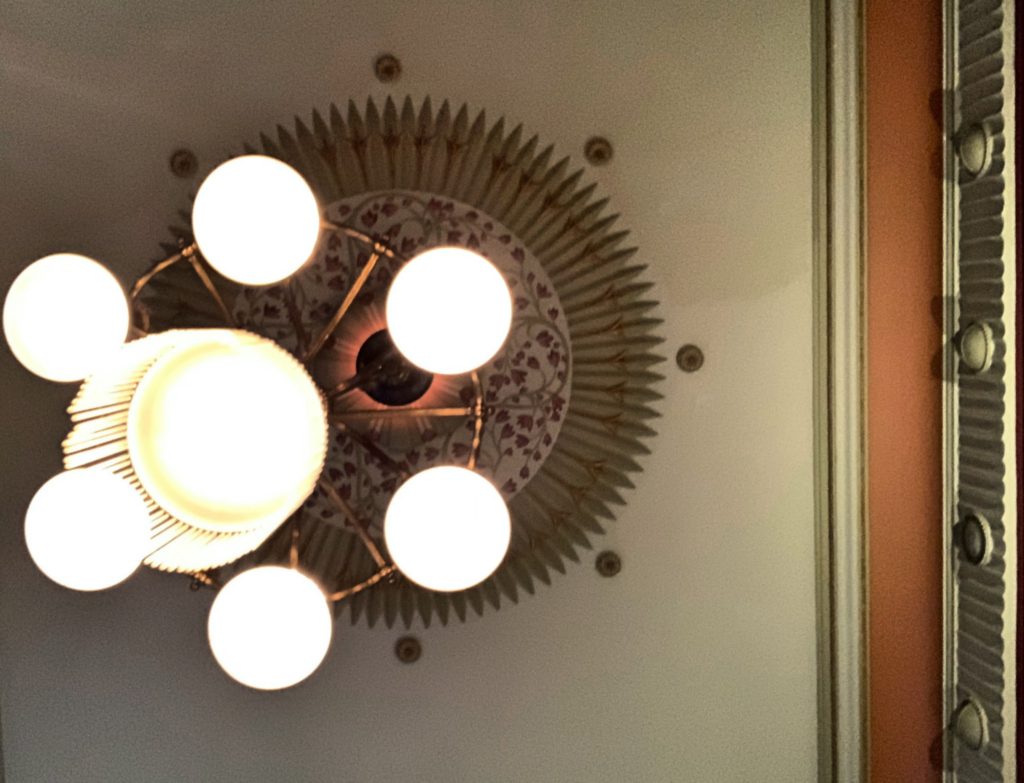One of my favourite moments of the day is when the street lights of Budapest are switched off just a few minutes before sunrise. Eventually the best place to film it from is the very top of the Fisherman’s Bastion.
One of my favourite moments of the day is when the street lights of Budapest are switched off just a few minutes before sunrise. Eventually the best place to film it from is the very top of the Fisherman’s Bastion.
I’m starting a new series to introduce you the most famous statues of Budapest and some of the hidden gems, too. These are the beautiful monuments of Budapest we usually see on our walking or driving tours in Buda and Pest.
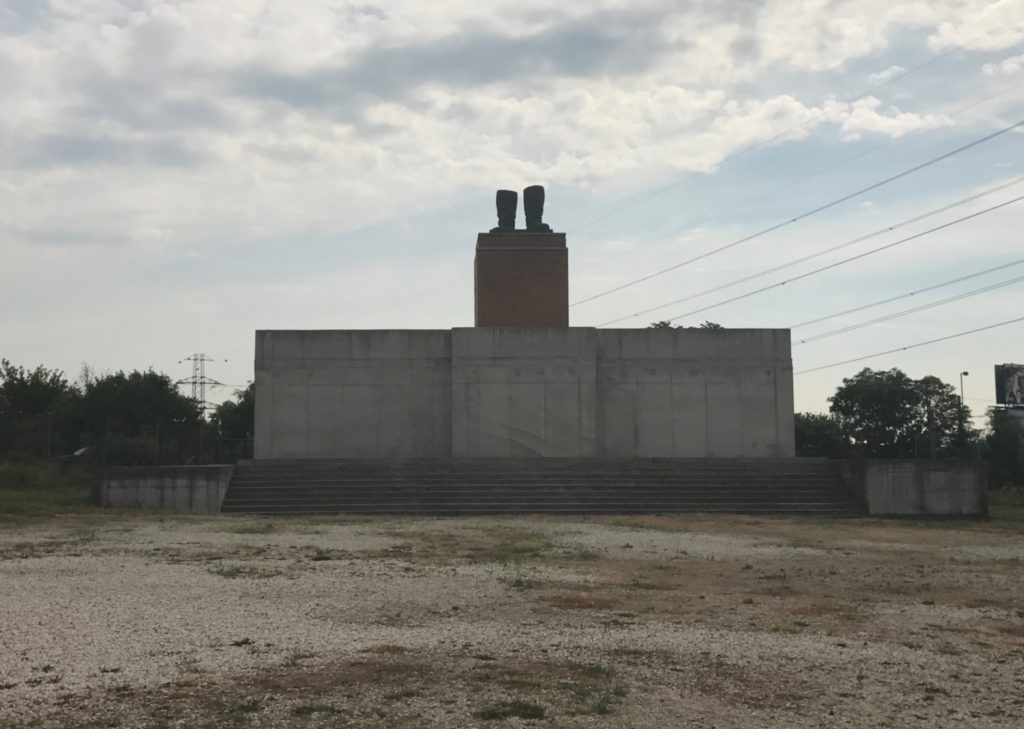
The giant, 8 meters high statue of Stalin was erected in 1951 to commemorate Stalin’s 70th birthday. The statue was destroyed during the 1956 revolution and only the boots of Stalin survived. The replica of the boots is at the entrance of the Memento Park in Buda.
Today is a national holiday in Hungary, we celebrate the outbreak of the revolution of 1848-1849.
Today we celebrate our national independence, the freedom of speech, the freedom of press and we remember the heroism and the courage of the young Hungarians who became united to confront and fight the oppressors.
I hope that the spirit of the revolution lives on in the Hungarian soul and we never give up fighting for the values our ancestors had been fighting for 173 years ago.
It all started almost exactly a year ago and we had no idea back then how COVID-19 was going to change our lives. We really hoped for better but the pandemic is still in its full force and unfortunately numbers are indicating that the situation in Hungary is very, very bad. This is the third wave with far more people in hospital and far more deceased people than before. This is just very sad.
Another lockdown starts today, all shops have to close – except grocery stores and pharmacies. People are recommended to stay at home and work from home office. All schools went digital. We’re told this is for 2 weeks but nobody knows for sure.
I continue offering virtual city tours and cooking classes and work on different other projects for after the pandemic is over. Let me know if you want to know more!
Stay safe, stay happy and book a tour!
Save the date! 20th of March, 2021, Travel From Home Virtual Tours Festival organised by TheWaysBeyond. You’ll have the chance to visit virtually several destinations around the world, I’ll be your virtual tour guide in Beautiful Budapest. Stay tuned!
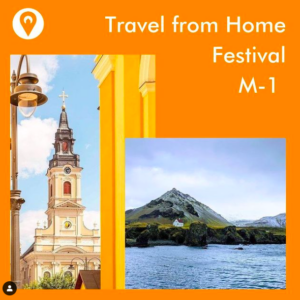
It’s about time to announce Travel from Home, the first virtual guided tour festival @travelfromhomewithus a new project we have been working on for a while already with our dear partner @beyondromaniatravel and @sofar_virtualtours – a team of smart and passion master students from Sorbonne Nouvelle university.
Get in touch with me if you’d like to schedule a private virtual tour!
A film directed by: Dániel Ács
Editor and Graphic Design: Bence Kiss; Directors of Photography: Tamás Botos, Máté Kőrösi, Zsófia Szász; Colorist: Balázs Budai; Sound engineer: Péter Terner; Production assistant: Veronika Kiss; FPV drone: Cinewhoop Hungary; Translation: Anna Klaniczay
The monument was inaugurated in 2020, on the 100th anniversary of the Versailles Peace Treaty. I’ve been considering posting about this monument for quite a long time and the time has come to publish my opinion, as I’m getting a lot of question about it on my Virtual Tours.
As most of you know Hungary was one of the countries which were badly punished after WW1, we can discuss the fairness of the decision but it’s too late now, as it all happened 101 years ago. As a consequence Hungary lost 2/3 of its original territories and 1/3 of its ethnic Hungarian population. From the early 1920’s political leaders continuously searched for the revision of the treaty, that was actually one of the reasons why Hungary entered WW2.
The Versailles Peace Treaty is named Trianon Treaty in the Hungarian folklore, as the treaty regulating the new borders of Hungary was signed in the Trianon Palace of Versailles.
The memorial is dark and somber. I know that it’s not supposed to be joyful as it commemorates hundred years of grieving but I would be happier to see something a bit less depressing. It’s a 100-meter-long tunnel that goes under the ground. What I like about the monument is that you can see the name of each and every Hungarian village or town that has ever been part of our country. What I don’t like about it is that it’s a dead end, when you walk to the end of it, there is no option to go forward, you have to turn back. I’d like to think that my nation’s history is a canvas changing its colours and shapes continuously and we, the Hungarians are contributing to its actual form. Our history was not over in 1920. I miss seeing the continuity and the hope to move forward.
The memorial is at Kossuth Lajos square right across from the magnificent Parliament building.
I’m starting a new series to introduce you the most famous statues of Budapest and some of the hidden gems, too. These are the beautiful monuments of Budapest we usually see on our walking or driving tours in Buda and Pest.
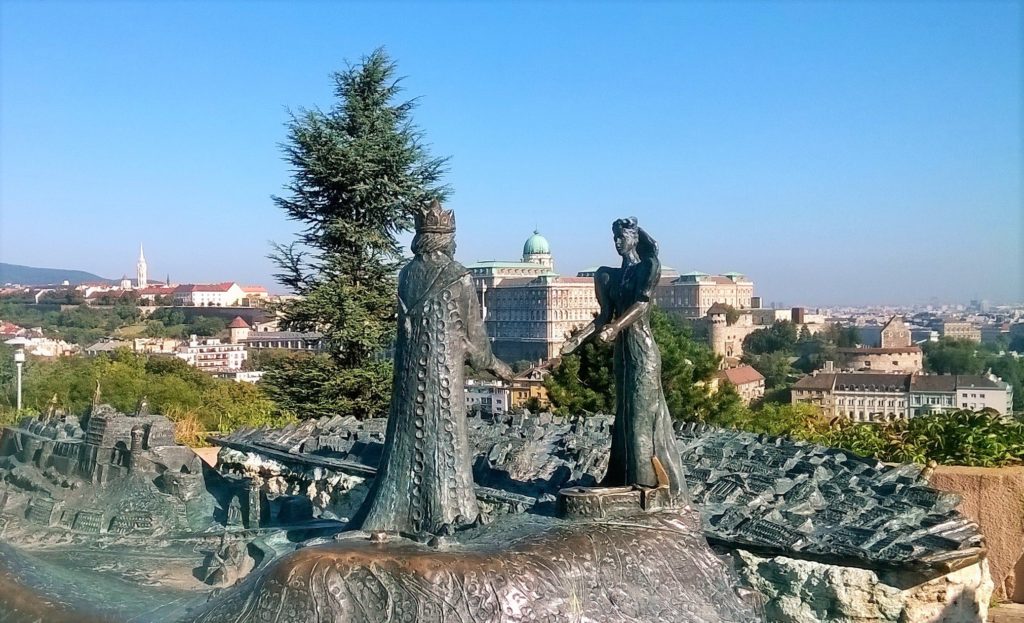
This is a beautiful but rather sad love story. You see Prince Buda and Princess Pest, divided by the Danube River. The statue is on the Gellért hill near the Garden of Philosophy.
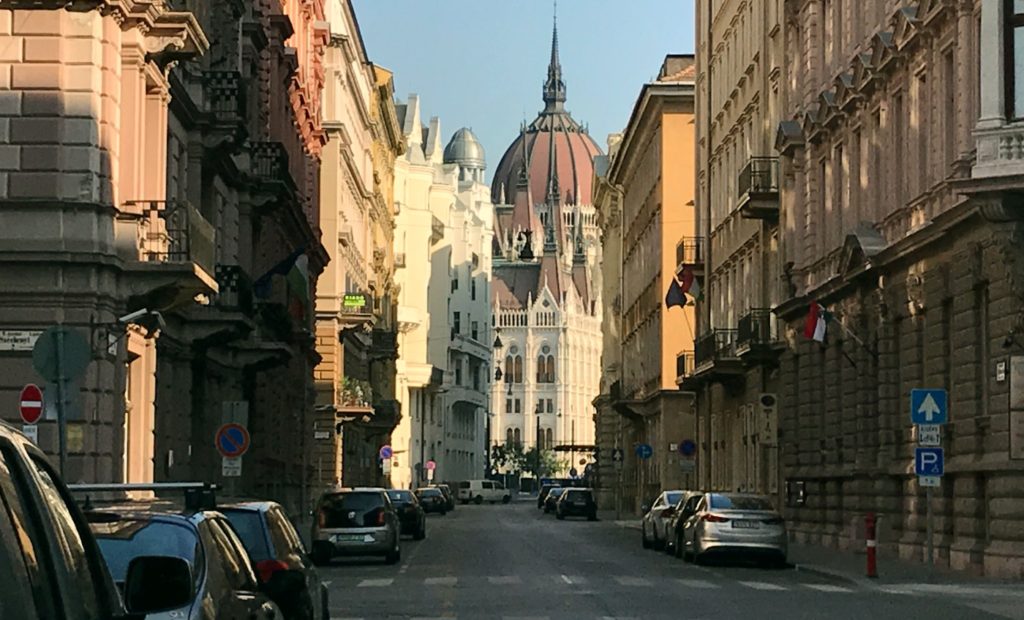
“THE GRAND BUDAPEST” WALK: a great introduction of Budapest to first time visitors or travellers who only have one day to see the main highlights and some of the hidden gems.
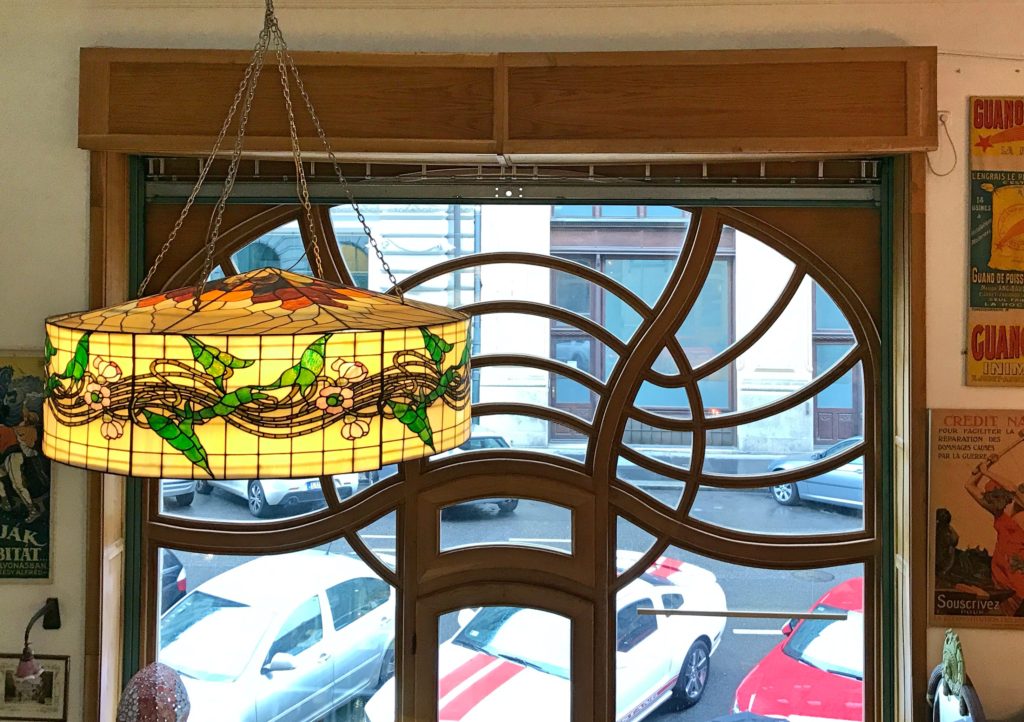
BUDAPEST ART NOUVEAU WALK: the most stunning Art Nouveau buildings and their mysterious secrets are to be revealed on this tour. A great option for architecture fans or first time visitors.
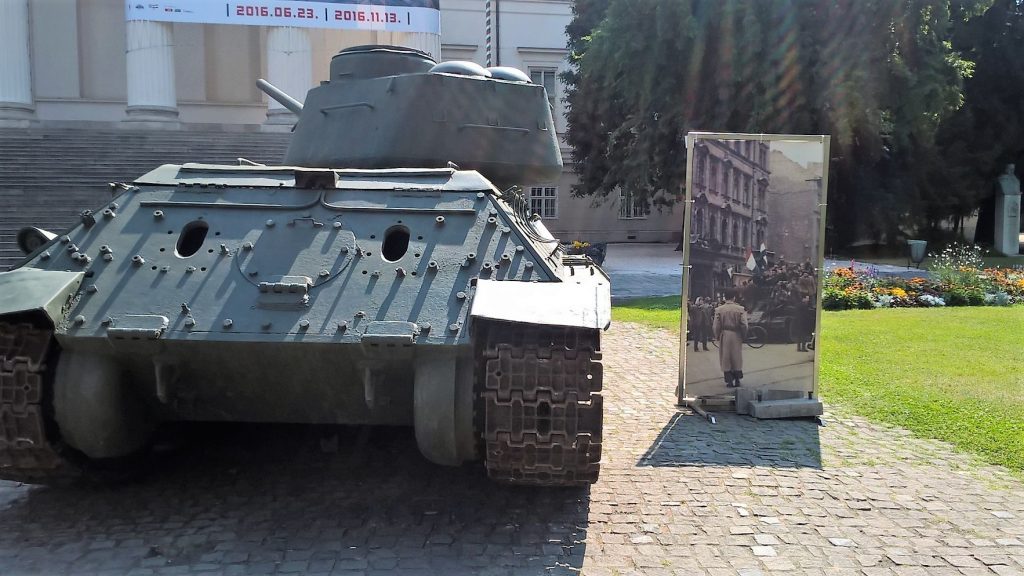
COMMUNIST BUDAPEST WALK: I grew up in the 1980’s so I can share with you a lot of stories from the Communist era which is still considered as one of the most painful periods of Hungarian history.
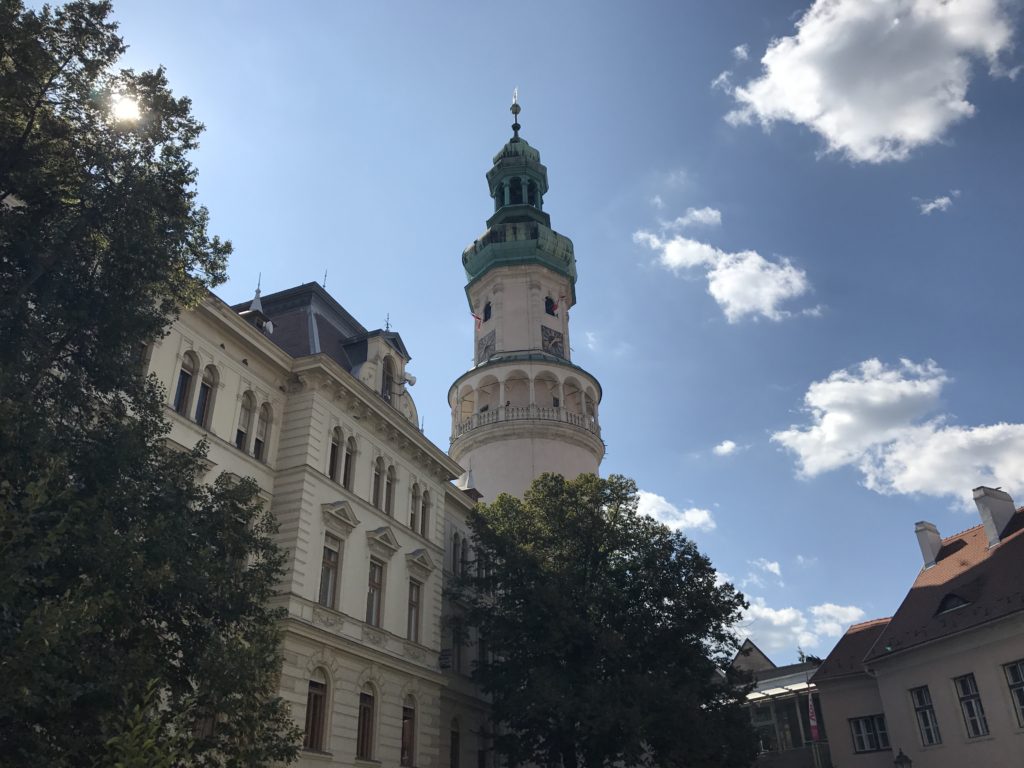
GYOR, SOPRON AND THE ESTERHAZY PALACE IN FERTOD: three magnificent examples of the greatest Hungarian Baroque architecture, the visit of Győr, Sopron and the simply outstanding Esterhazy Palace in Fertőd.
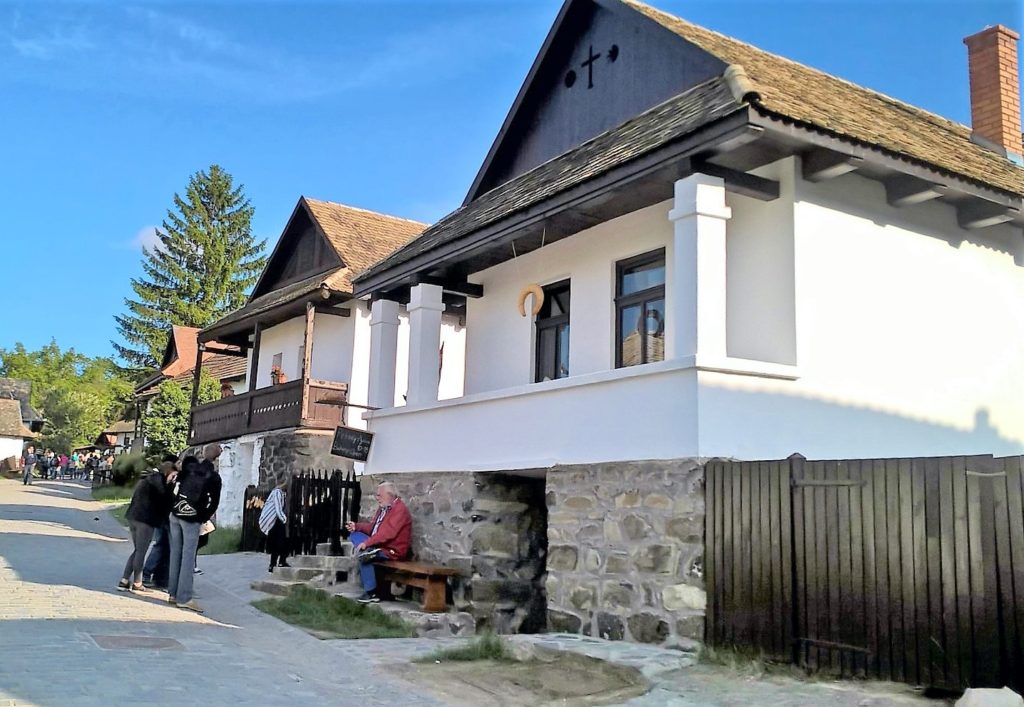
BAROQUE TOUR IN GÖDÖLLŐ AND HOLLÓKŐ BY CAR: I’m in love with Baroque style, on this tour you’ll understand more about both urban and rural Baroque architecture and about the lifestyle of Hungarian everyday people and royalty from the 18th century to nowadays.
On the very last day of the year after the very last virtual tour of the year I’m wishing you a very happy new year from my Beautiful Budapest. I hope all your dreams come true in 2021! #budapest #beautifulbudapest#tourguide #travelguide #virtualtour#happynewyear #BUEK#boldogujevet #2021
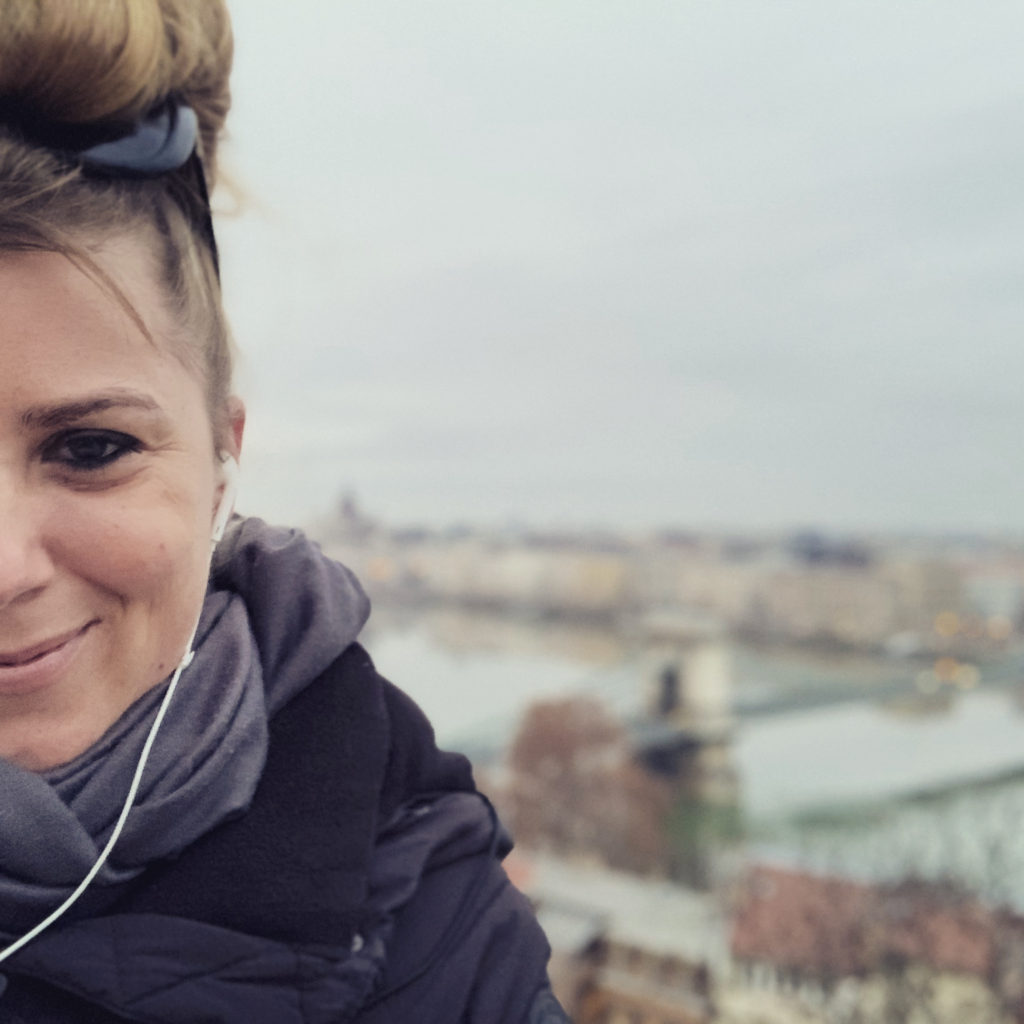
It all started almost exactly a year ago and we had no idea back then how COVID-19 was going to change our lives. We really hoped for better but the pandemic is still in its full force and unfortunately numbers are indicating that the situation in Hungary is very, very bad. This is the third wave with far more people in hospital and far more deceased people than before. This is just very sad.
Another lockdown starts today, all shops have to close – except grocery stores and pharmacies. People are recommended to stay at home and work from home office. All schools went digital. We’re told this is for 2 weeks but nobody knows for sure.
I continue offering virtual city tours and cooking classes and work on different other projects for after the pandemic is over. Let me know if you want to know more!
Stay safe, stay happy and book a tour!
I want to wish you all a Merry Christmas, Boldog Karácsonyt!
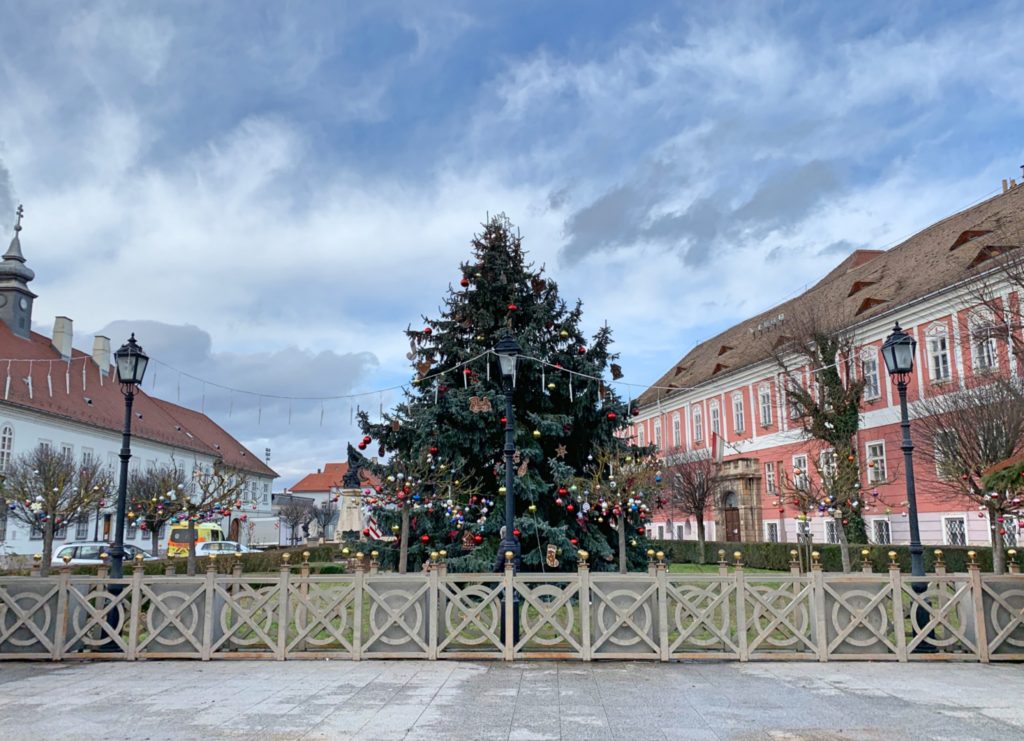
I’ve just had a look at the collection of pictures I took on Christmas Market tours the last couple of years and they literally warmed my heart. I could almost feel the taste of Kürtöskalács (Chimney cake) and the smell of mulled wine. I thought I’d share some of the pictures with you and hopefully it’ll help you to get into Christmas celebration mood. Also, I hope we’ll explore the Christmas markets together in 2021!
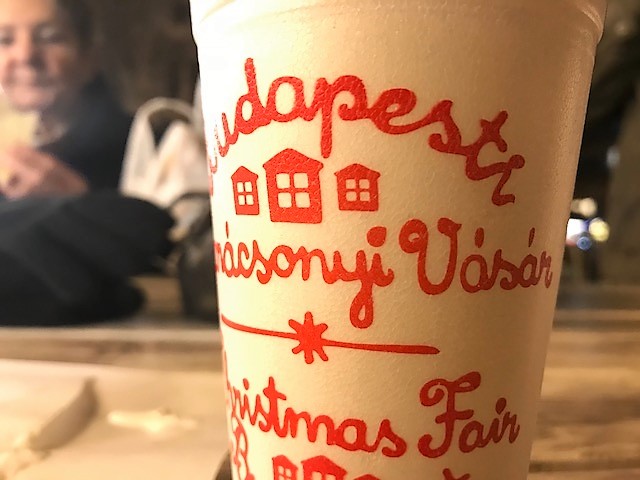
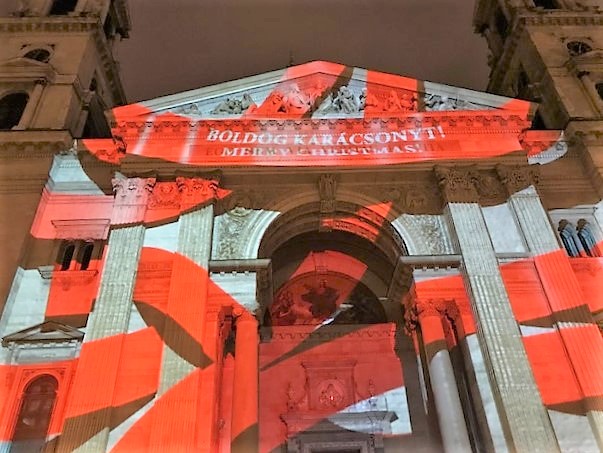
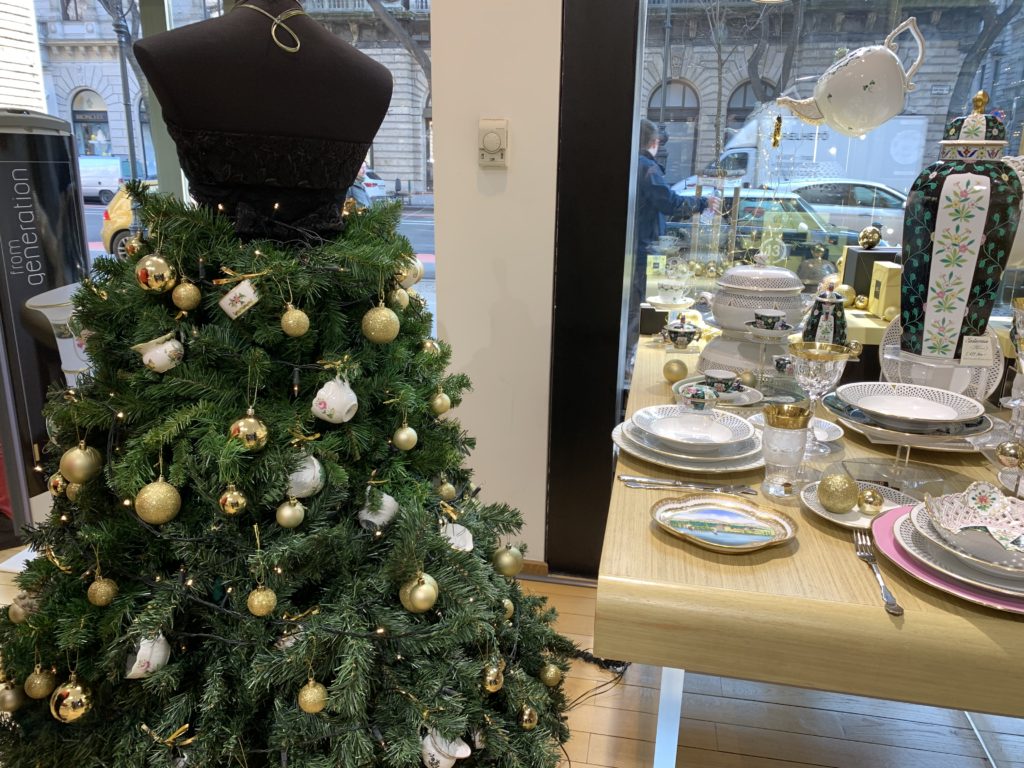
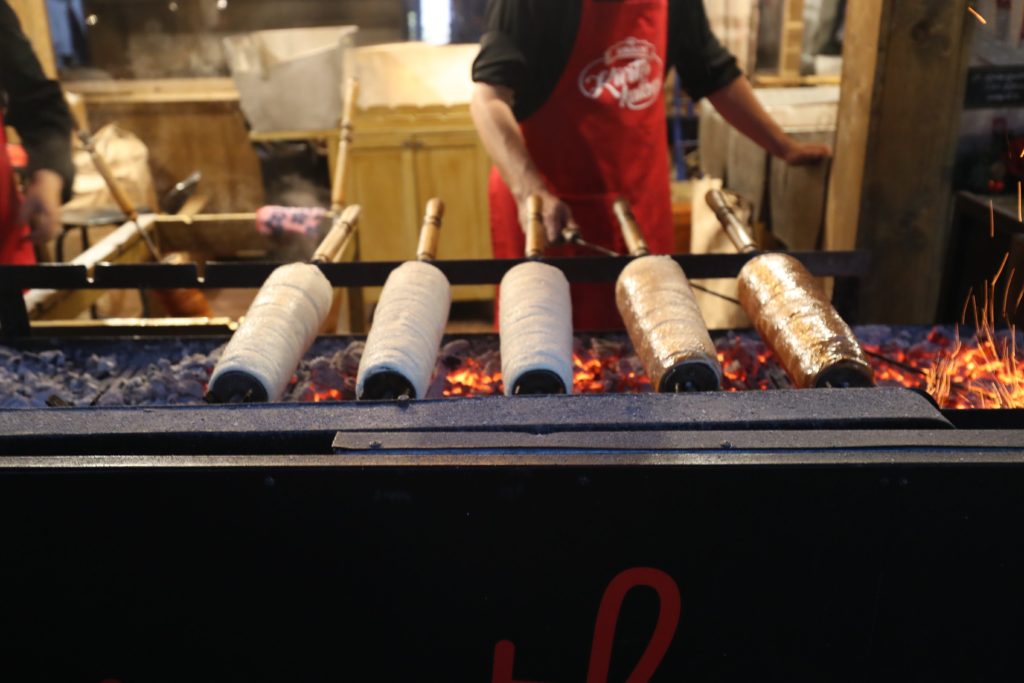
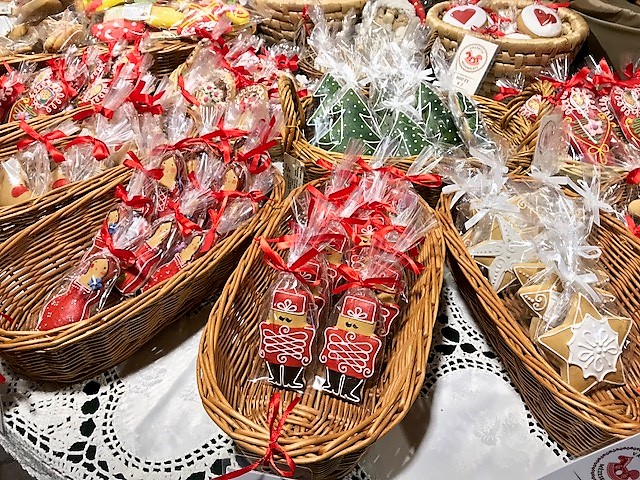
The golden age of the famous coffeehouses of Budapest was at the end of the 19th and beginning of the 20th century. However, we see now the renaissance of the coffeehouse and coffee culture. We try to see different coffeehouses on our foodie tours so that travellers can sample the best Hungarian coffee and cakes.
Central is situated in the heart of Downtown Pest near the Elizabeth bridge. By the end of the 19th and the beginning of the 20th century it was considered as the coffeehouse of the writers and journalists, as it was mostly frequented by those working in the neighbourhood. Writers spent days and nights in the coffeehouse writing their columns and discussing politics, economics and gossips. There is a legend of a local writer who considered Central to be his second home where he kept a bathrobe and many of his personal belongings and his pills.
When you go to Central must try the Rákóczi Túrós, a great Hungarian cake with cottage cheese and meringue that goes very well with an espresso or cappuccino.
